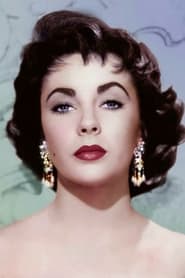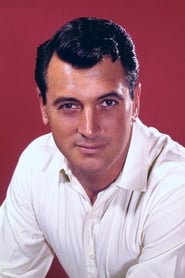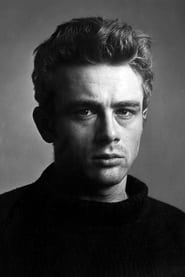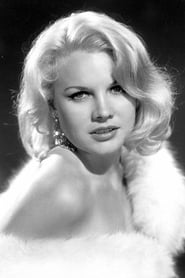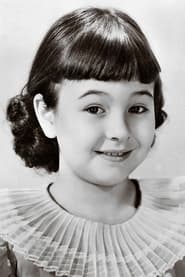This is essentially three stories that George Stevens has rolled into one, long, family melodrama. It all starts when "Bick" (Rock Hudson) travels from his massive Texas ranch to buy an horse from "Dr. Lynnton" (Paul Fix). The first thing he sees though is not the beautiful black stallion, but the man's daughter "Lesley" (Elizabeth Taylor) riding it. After a sticky start, she is on her way to his home, as his wife, where she must settle into a life where women like her are expected to provide children and live otherwise fairly ornamental lives. Needless to say, she isn't really up for that and the next portion of the film follows her efforts to find a purpose. "Jett Rink" (James Dean) is a general factotum on their place. Disliked by "Bick" but protected to an extent by his sister "Luz" (Mercedes McCambridge). Tragedy strikes and "Jett" finds himself the beneficiary of that to the tune of a small plot of land where he quickly discovers oil. That changes the dynamic of the relationships and with the onset of WWII, the traditional lives of all concerned are shaken to the core. The final third, if you like, has probably the strongest message: those who fought together during the war regardless of race or creed are now (largely) back home, victorious, but are expected to fit back into their social demographic - and Stevens uses a swathe of new characters, including their son (Dennis Hopper) and the briefest of appearances from Sal Mineo to illustrate the hypocrisy and double standards that entailed. This third is, in my view, also the weakest section of the story. Perhaps because a degree of ennui was setting in after two hours already, but the flawed characterisation of Dean is a bit too superficial and Miss Taylor - who really does dominate this film - takes too much of a back seat as the familial discord and the effects of the bottle start to dominate the plot. Though Hudson is maybe not the strongest of character actors, here he does provide a degree of accruing decency to his character and at times there is a spark of chemistry between the two leads who, despite themselves, do actually love each other. It's certainly a grand piece of cinema with some spectacular photography. The make-up artistes make a decent stab at facilitating the ageing process as the film progresses and Dimitri Tiomkin manages to adapt his score from the initial Western style genre to a modern modern one creatively. It really does need a big screen and a comfortable seat to get the best out of the performances, but it is definitely worth it.

